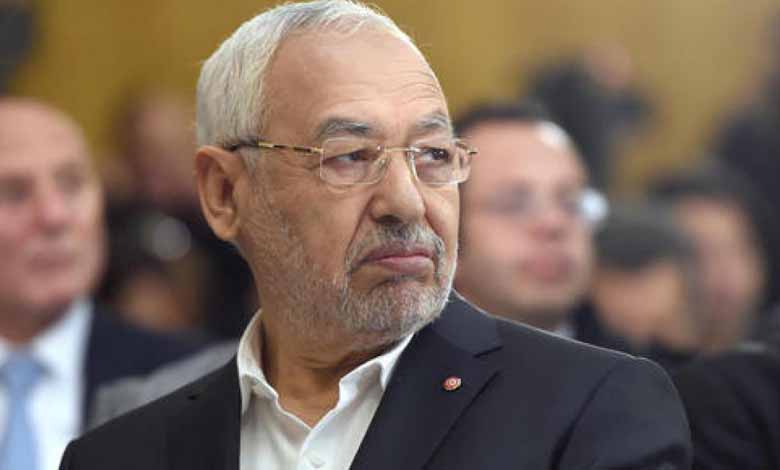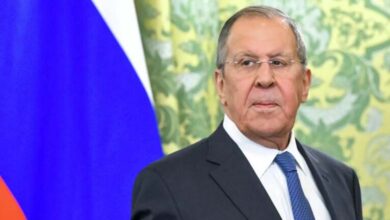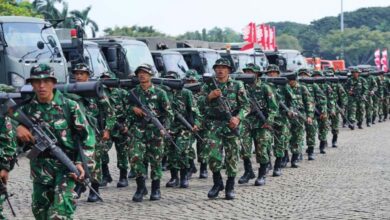Ennahdha classed as terrorists… Is Tunisia writing the end of the Brotherhood?

The future of Ennahdha in Tunisia is at stake in the coming period, following a series of crises that have plagued the Brotherhood since the historic decisions of Tunisian President Kais Saied in July 2012 that cornered the movement’s illusions of continuing Tunisia’s rule.
Informed sources revealed that the Tunisian authorities are considering the inclusion of Ennahda on the terrorist lists in the coming hours, due to the involvement of its senior leadership in supporting and financing terrorism both inside and outside Tunisia.
Tunisian authorities have formally charged Ennahdha leader Rached Ghannouchi and 32 other people with belonging to a terrorist organization in connection with political assassinations inside Tunisia, notably that of Chokri Belaid and Mohamed Brahmi.
Lawyer Iman Kazara, who was part of the defense team for Chokri Belaid and Mohamed Brahmi, said that 33 people, including Ennahdha leader Rached Ghannouchi, were formally charged in this case with belonging to a terrorist organization. The first investigating judge in the 23rd Anti-Terrorism Judicial Bureau had charged 17 of the 33 defendants with belonging to a terrorist organization and money laundering.
With this measure, the Tunisian state acknowledges the involvement of Ghannouchi, his companions and the secret service of Ennahdha in political assassinations since the fall of the regime of Zine El Abidine Ben Ali in Tunisia until now.
The sources clarified that a lot of backstage and details will be revealed in the coming period, about Ghannouchi and his secret service in the political assassinations in Tunisia through which they facilitated the movement’s rule in the state and its penetration inside Tunisia.
The sources stressed that Rached Ghannouchi’s son, Moad, will be tried after he was involved with dozens of Brotherhood leaders in money laundering and financing terrorist organizations inside and outside Tunisia, through the adoption of the Nemaa Tounes association as a cover to receive support from suspicious parties and parties, in addition to sending funds to terrorist organizations and even contributing to the logistical, military and human support for these organizations.
All of these measures were taken despite Ennahdha’s attempt to return to the political scene by exerting pressure on the Tunisian authorities, organizing demonstrations, or attempting to inaugurate new political entities within the group.
In doing so, Ennahdha is moving closer to being placed on terrorist lists – the same measure that affected Brotherhood branches in several countries, including Egypt and Sudan, following the successful overthrow of the rule of that terrorist group.












